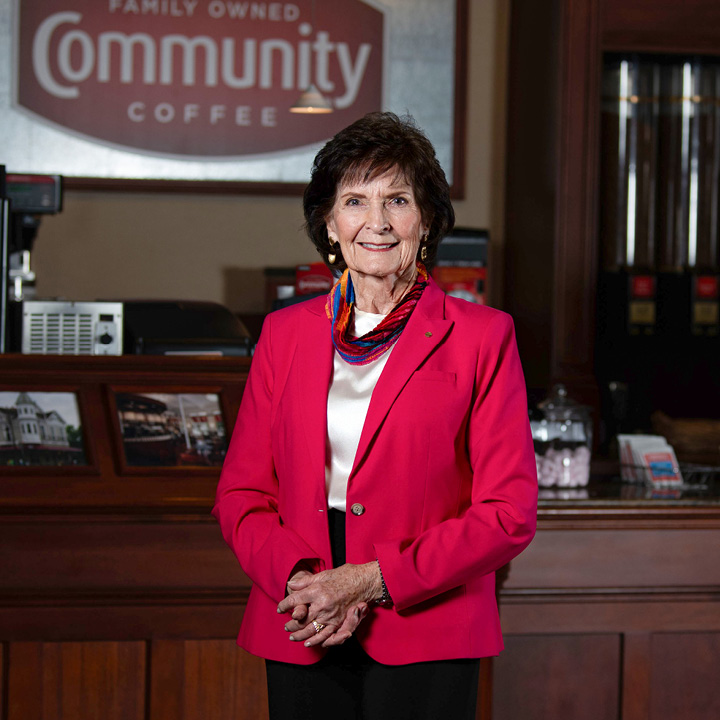1. IDEAL Industries is in its fifth generation of family business ownership. How were you introduced to the business?
I learned about the business around the dining room table. It was a very organic introduction. My father was CEO, and I heard more about IDEAL than I ever wanted to. I often felt like I was competing for airtime with the business as much as I was competing for airtime with my siblings.
I never thought I would work there. I pursued medicine and then consulted at a Big Five accounting firm. When I had my son, I was going to stay home with him for his first year. That is when my dad asked me to come on board. They were transitioning from the third to fourth generation and wanted help for a few months. Those few months turned into 19 years. My roles have allowed me to remain present with my family while staying in the workforce – it’s worked well for me.
2. You became board chair at IDEAL Industries after your father held that role for 40 years. How did that transition impact your relationship with your dad, the company and the board?
When I took the reins from my dad, it was the first time in a long time that he was not in charge. There is a time that comes to mind after I became chairman where he and I really disagreed, and he struggled with it. In retrospect, it was hard for him because it was one of the earliest moments where it was clear that I was the boss, and he was in a new role. On the other hand, it wasn’t as hard for me to stand up for myself as I had expected.
In terms of the company, when I was vice chair, I took on the responsibility of looking for a new CEO. The important thing was finding someone who would build a strong strategic direction for the company, focus on innovation and organic growth and truly embrace environmental, social and governance (ESG) factors and diversity, equity and inclusion (DEI). The person we hired joined around when I became chairman, and it turned out that being explicit in finding a CEO who would support those initiatives and having me in this role gave a real boost to the DEI program. I’m very involved in the dialogue about getting women into leadership and the company. DEI is a long project, but we are really making progress, and everyone is excited about it.

